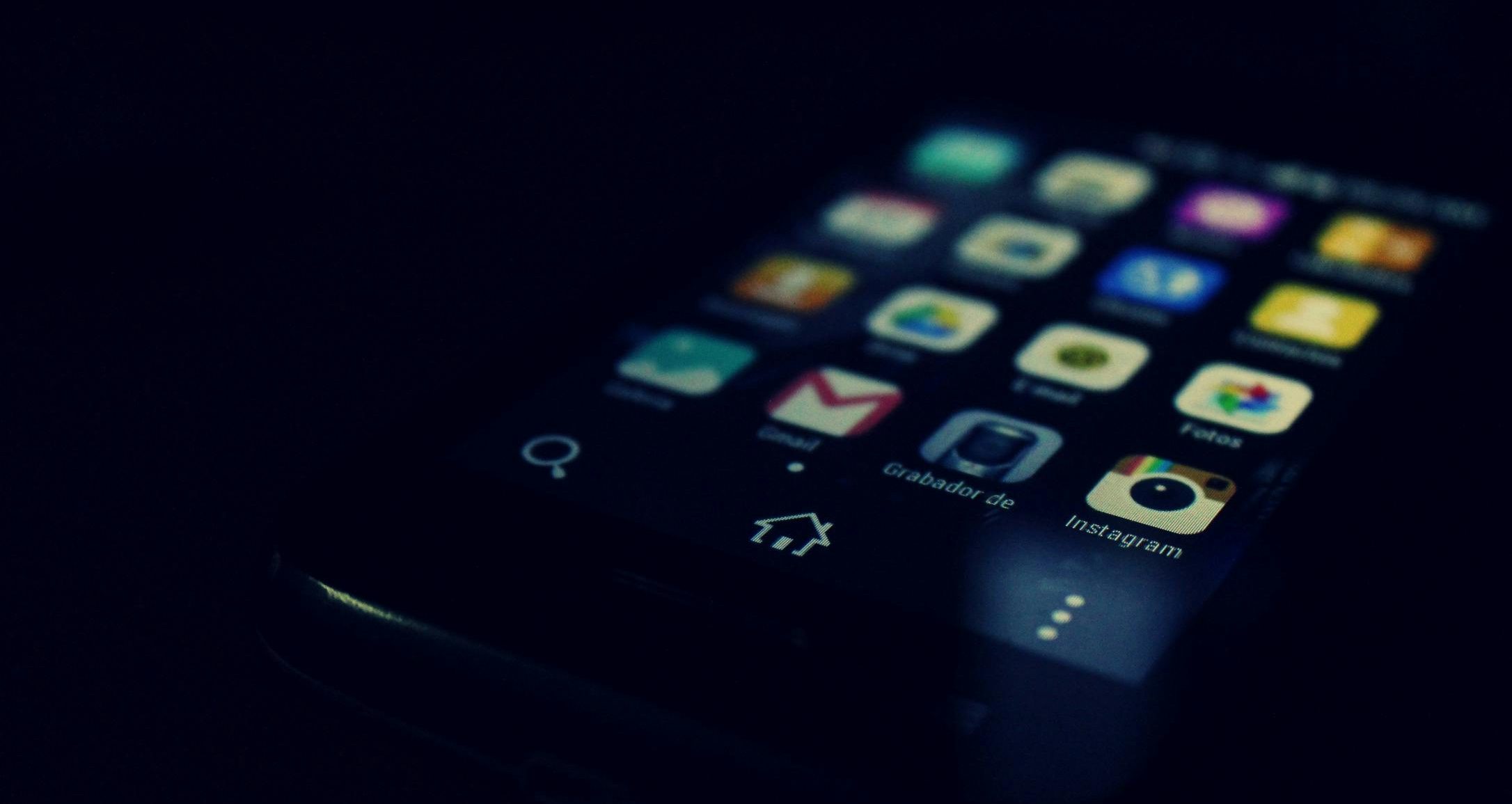Let’s talk about mobile security — because if you’re reading this on your phone while ignoring a software update, you might already be at risk.
Government officials and staff rely on mobile devices for everything — email, messaging, accessing secure documents…and maybe the occasional doomscrolling on social media. But here’s the problem: Hackers know your phone is a goldmine of sensitive information.
Mobile Threats Are Rising FAST
Cybercriminals are getting more creative every day, and mobile threats are no longer just about clicking bad links.

- Fake Apps – That “free” PDF scanner you downloaded? It might be sending your data to a hacker in another country.
- Zero-Click Malware – You don’t even have to tap a shady link anymore. Some attacks install spyware just by receiving a message.
- Public Wi-Fi Traps – That “free airport wifi” isn’t always your friend. Sometimes, it’s a hacker eavesdropping on your emails.
Food for Thought:
- Would you know if your phone was hacked right now?
- Are your security settings protecting sensitive work data—or making it easy for cybercriminals?
Lock Down Your Mobile Security Like a Pro
- Update Your Software — Those updates aren’t just annoying — they patch security holes that hackers love to exploit.
- Ditch the “1234” Passcode — If your passcode is easy to guess, you might as well hand over your phone to an attacker. Use biometrics or a strong passcode instead.
- Avoid Sketchy Apps — Only download apps from official stores (Google Play, Apple App Store). And check those permissions — does your flashlight app really need access to your contacts?!
- Use a VPN on Public Wi-Fi — If you have to check email at the coffee shop, a VPN can stop hackers from spying on your traffic.
How Bad Can It Get?
If you’re thinking, “This won’t happen to me,” consider these real-world examples:
- A malicious app disguised as a popular QR scanner infected over 10 million Android users.
- In 2023, a government agency suffered a massive data breach due to an employee’s compromised mobile device.
- Spyware attacks on government officials have increased, with tools like Pegasus being used to intercept calls and steal sensitive data.
A Challenge for You:
Take 5 minutes today to check your phone’s security settings.
- Turn on automatic updates.
- Delete any weird apps.
- Enable Multi-Factor Authentication (MFA) for work accounts.
Your future self will thank you — and so will your IT department. Your phone is your office on the go — don’t let hackers make it their office too.
Dr. Rhonda Farrell is a transformation advisor with decades of experience driving impactful change and strategic growth for DoD, IC, Joint, and commercial agencies and organizations. She has a robust background in digital transformation, organizational development, and process improvement, offering a unique perspective that combines technical expertise with a deep understanding of business dynamics. As a strategy and innovation leader, she aligns with CIO, CTO, CDO, CISO, and Chief of Staff initiatives to identify strategic gaps, realign missions, and re-engineer organizations. Based in Baltimore and a proud US Marine Corps veteran, she brings a disciplined, resilient, and mission-focused approach to her work, enabling organizations to pivot and innovate successfully.





Leave a Reply
You must be logged in to post a comment.